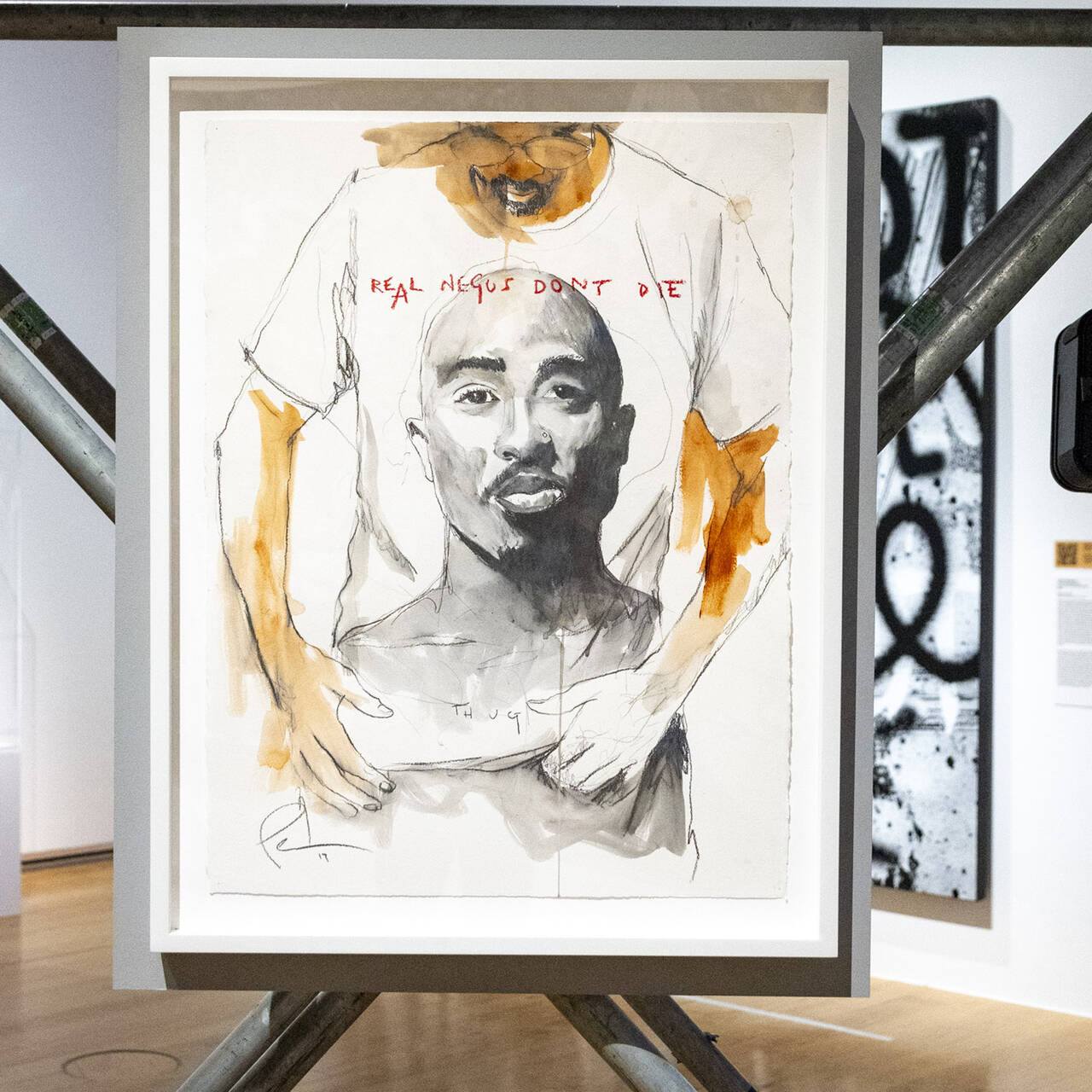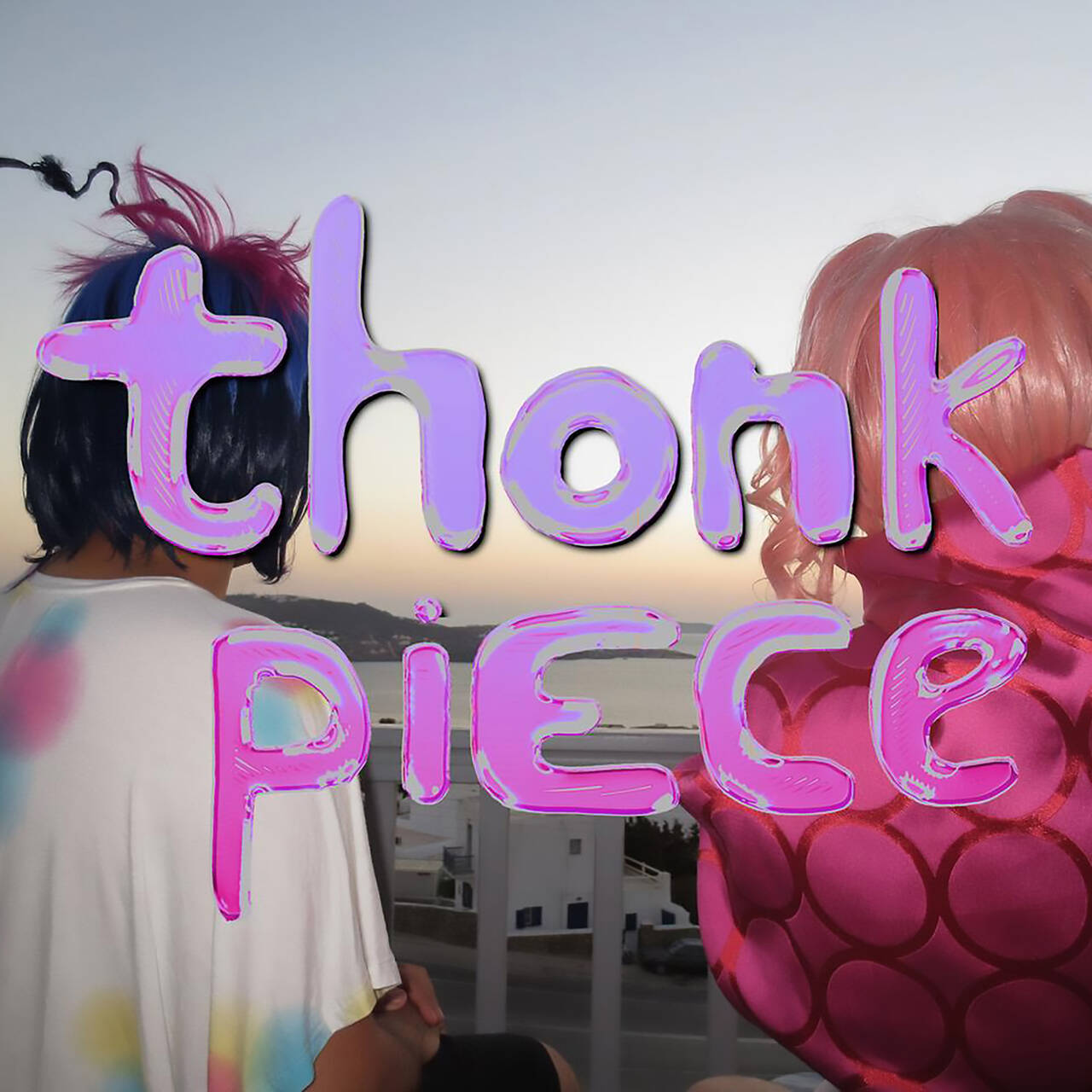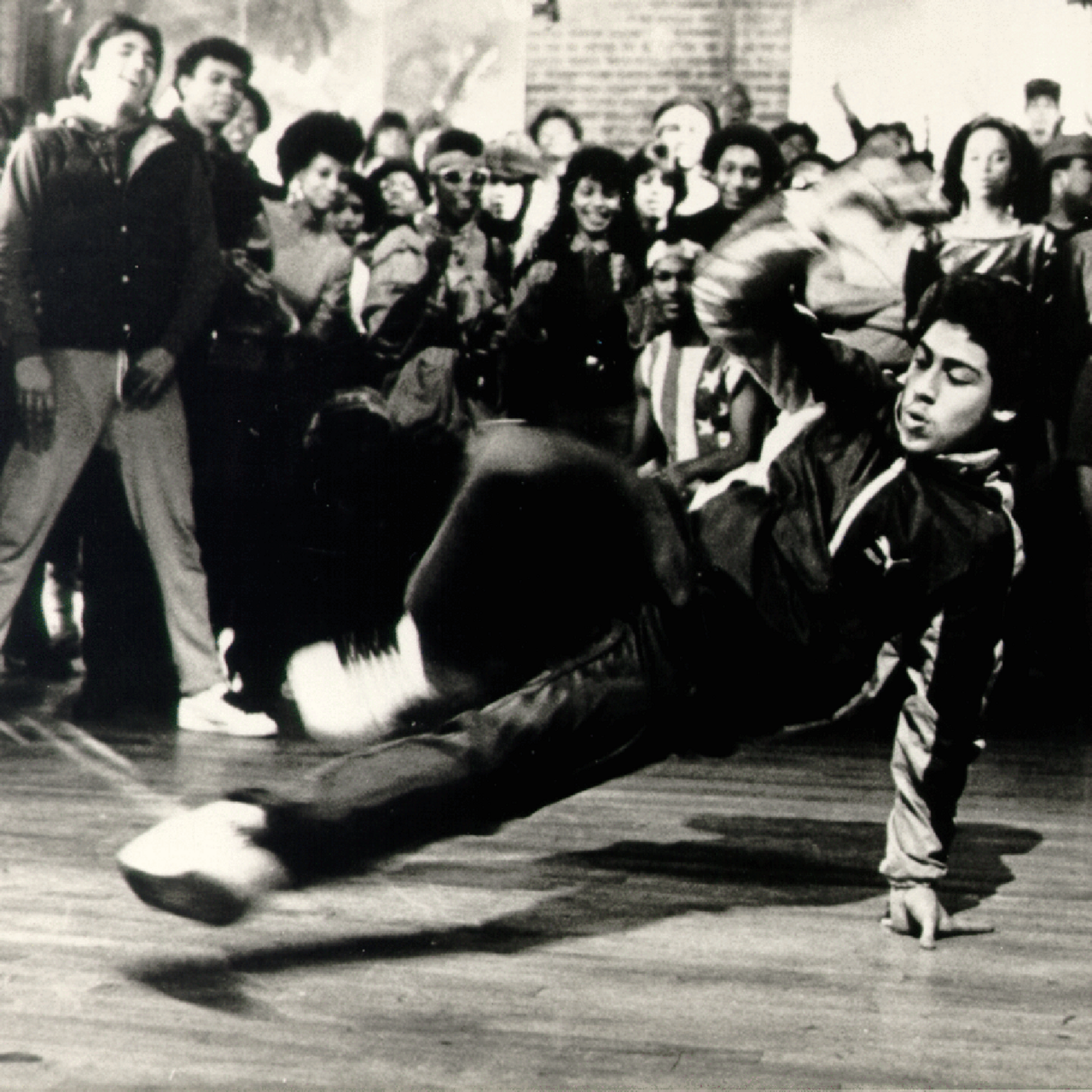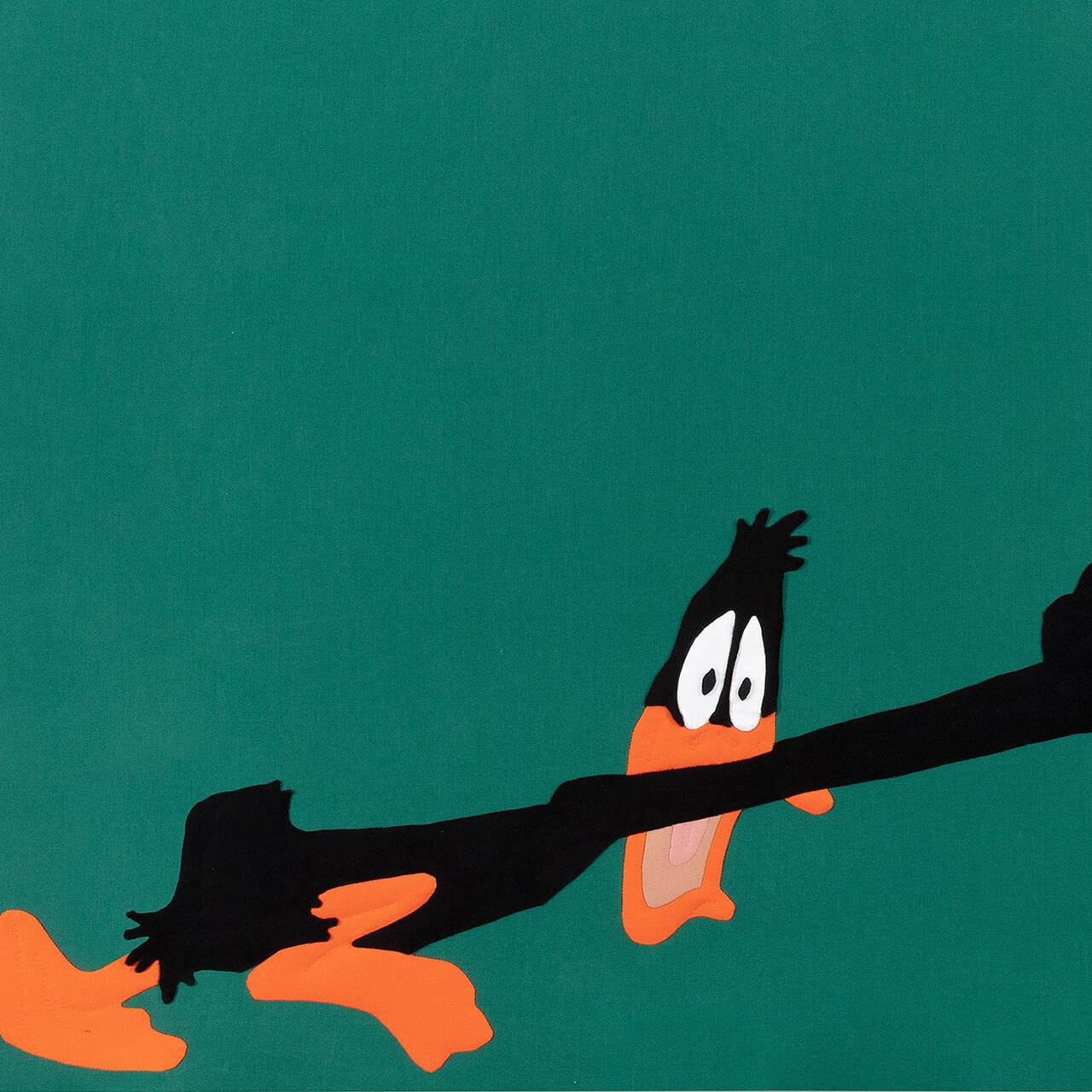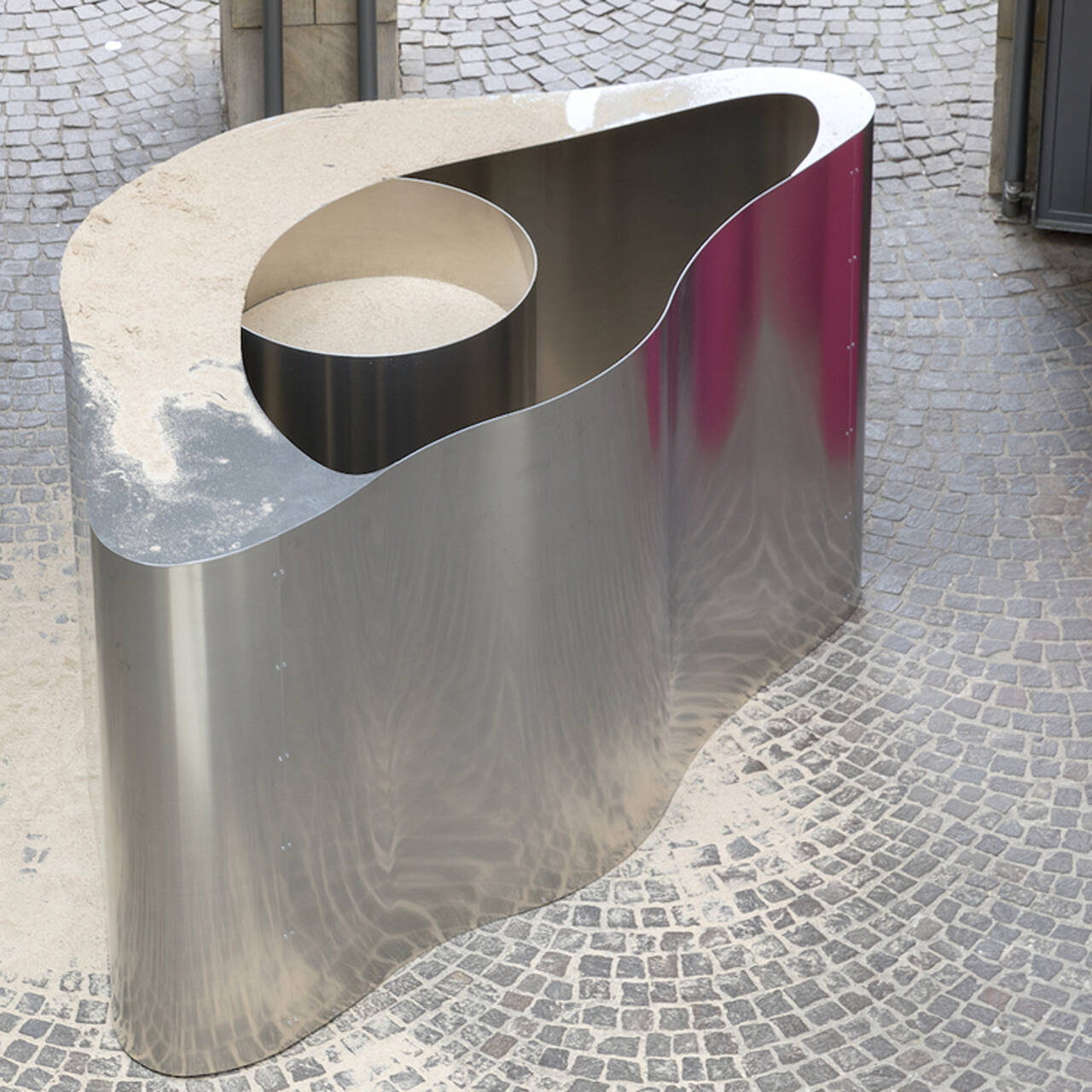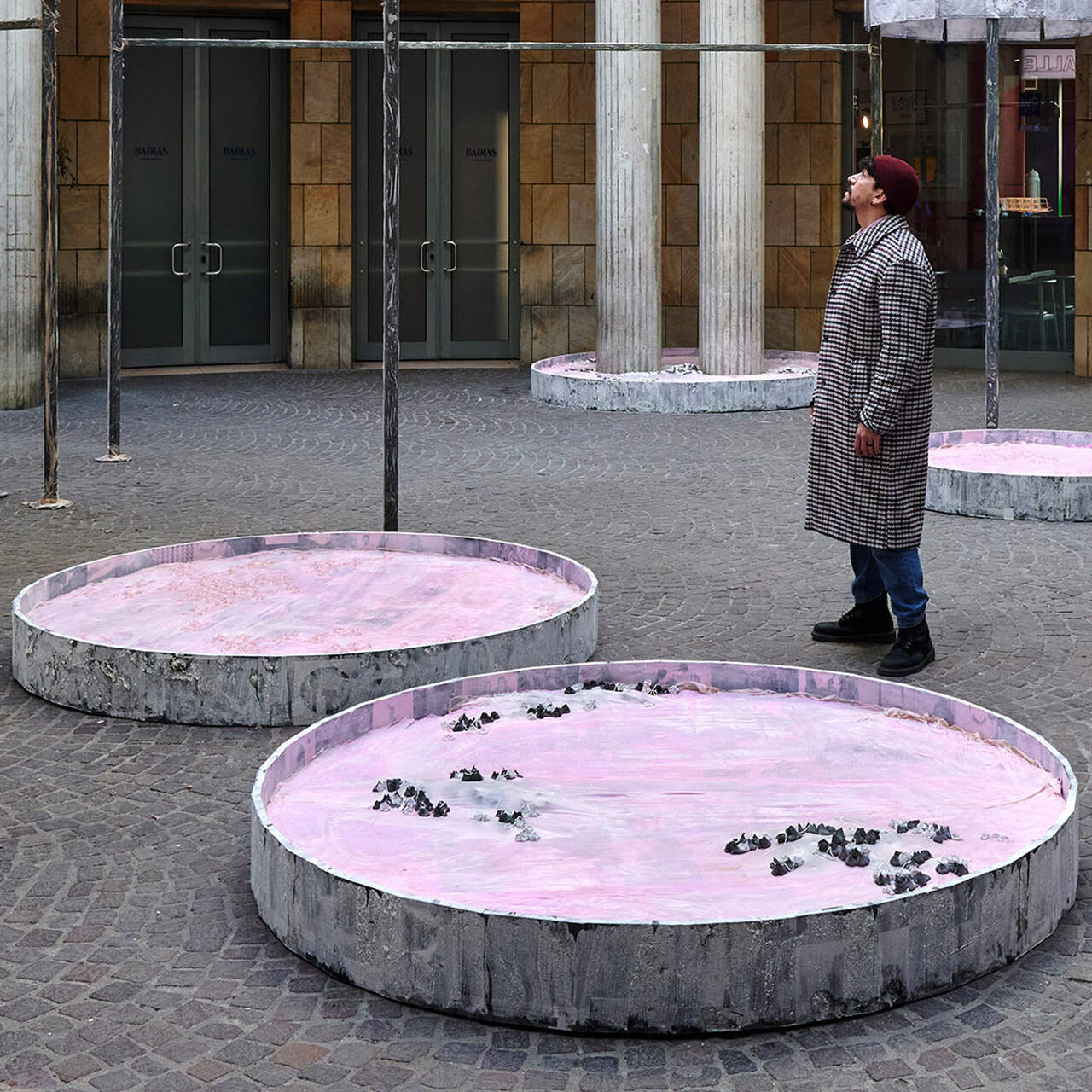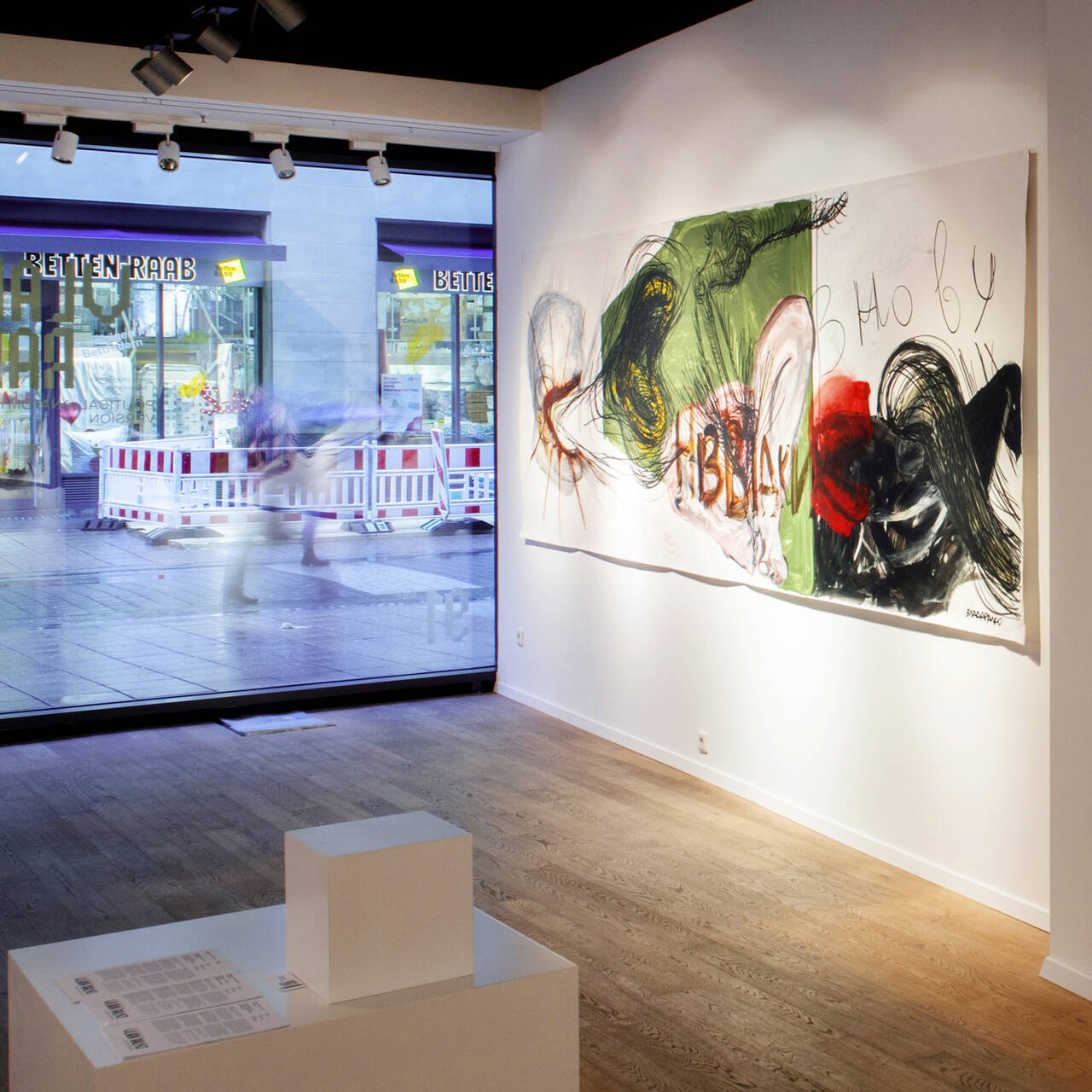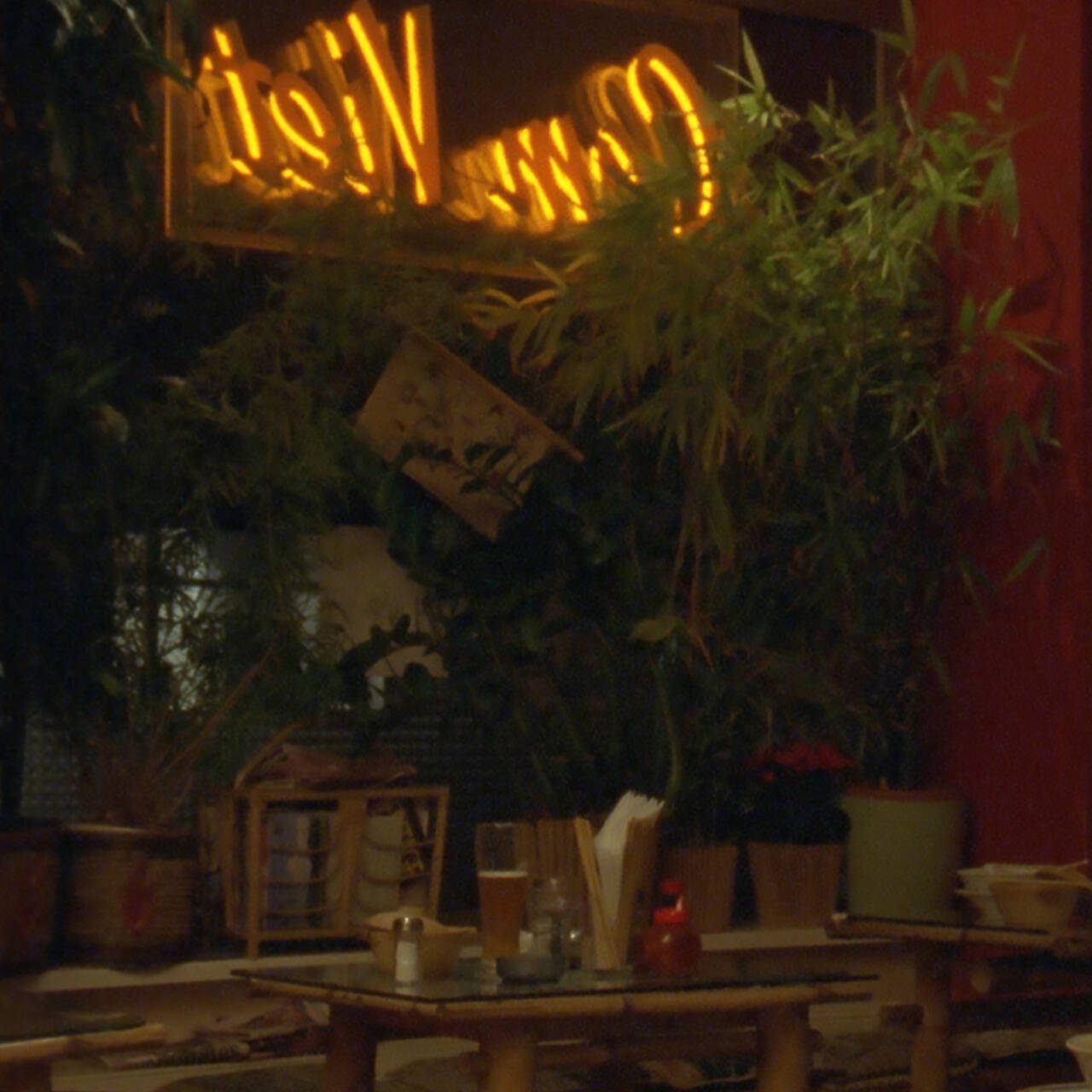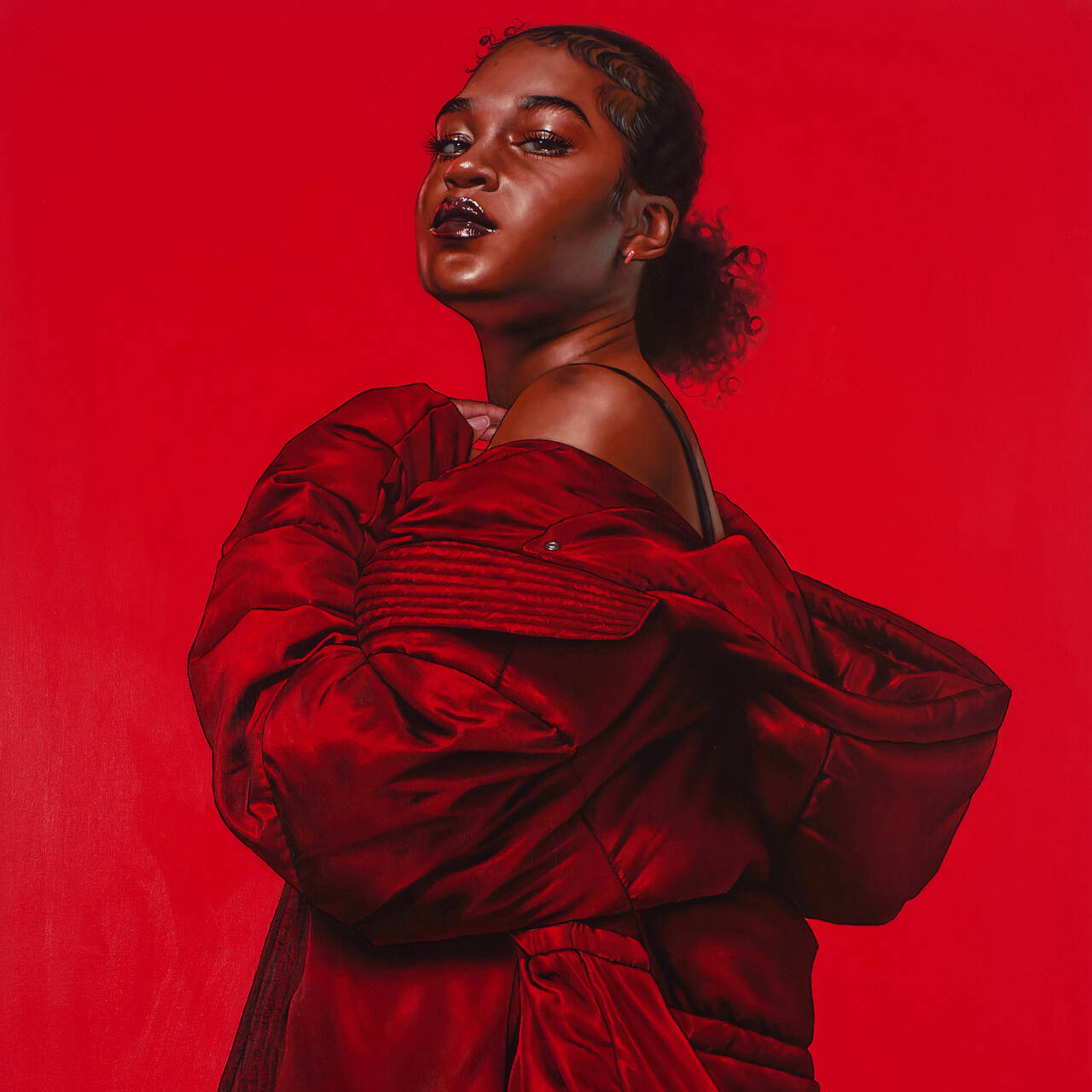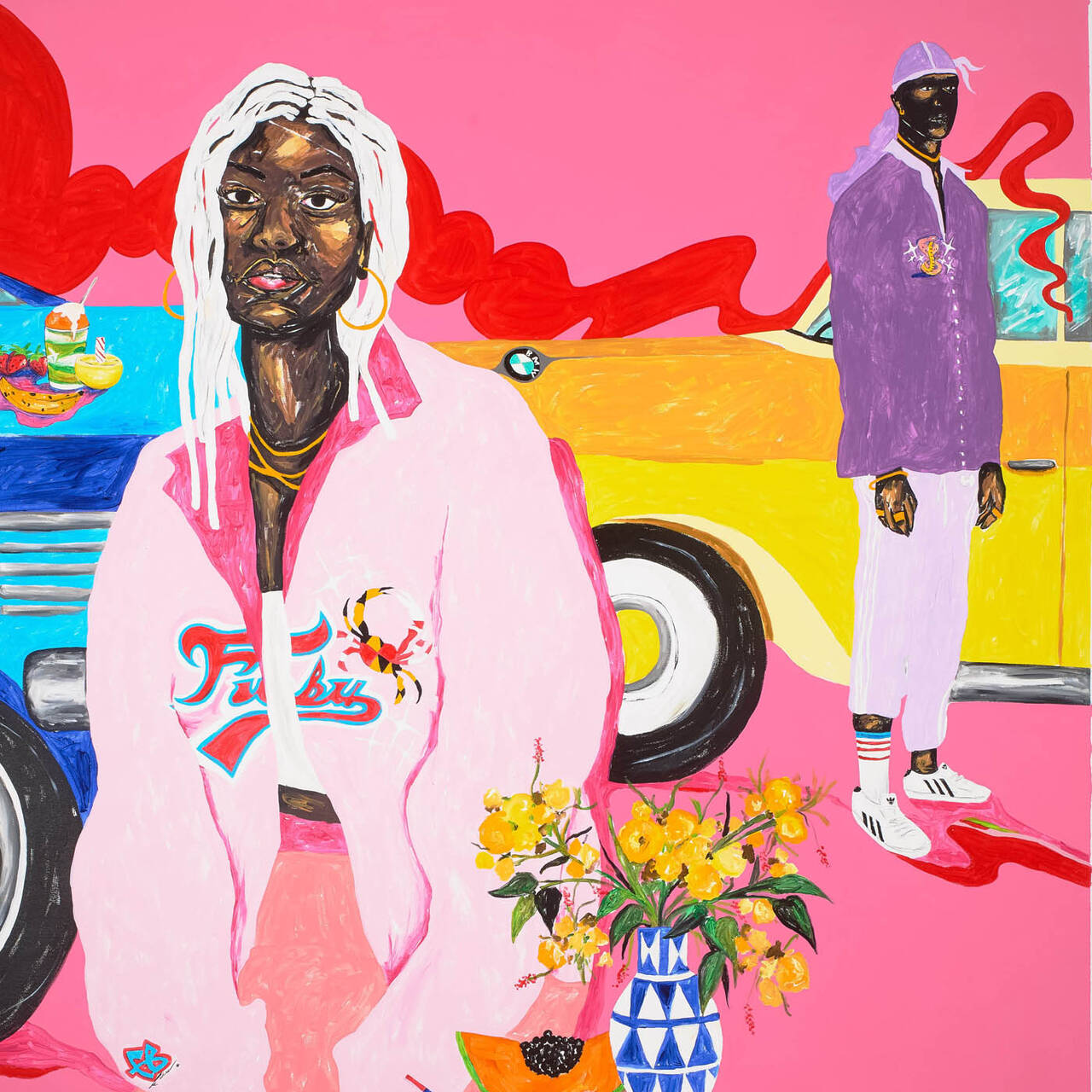Can women help men to articulate their emotions? And what is the response to feminist statements in patriarchal structures? Julika Rudelius looks into such questions in the upcoming DOUBLE FEATURE. Her early work was also characterized by a critique of the patriarchy.
Even before there is anything to see we are greeted by a barrage of voices: “Go away!”, “Give that to me!” “Come here!”, Over and over again we hear men and women screaming out “no!”, all at once, and in appalled voices. There they then stand facing one another, the interacting parties, in a poorly lit room that appears to be on the point of exploding, so strong are the emotions inside it. Some of them look at one another, others have a piece of rope in their hands which they are using to pull one another in the one direction or other. For the entire duration of the exhibition, Julika Rudelius’ “It is true because I feel it” (2021) doesn’t leave this room again, a room where complete strangers are living out emotions with one another in groups of pairs thrown together repeatedly and at random. They rehearse those feelings and perhaps even try them out. They are screaming at one another, submitting to one another, crying, touching one another tenderly, discussing sexuality and intimacy in little groups. The film has neither anything like a proper beginning nor an end. Accordingly, the protagonists appear to be caught up in an endless loop of feelings, be these natural or acquired, feelings that never have any actual person who takes them up and in the absence of resonance are forever condemned to fall back on themselves.
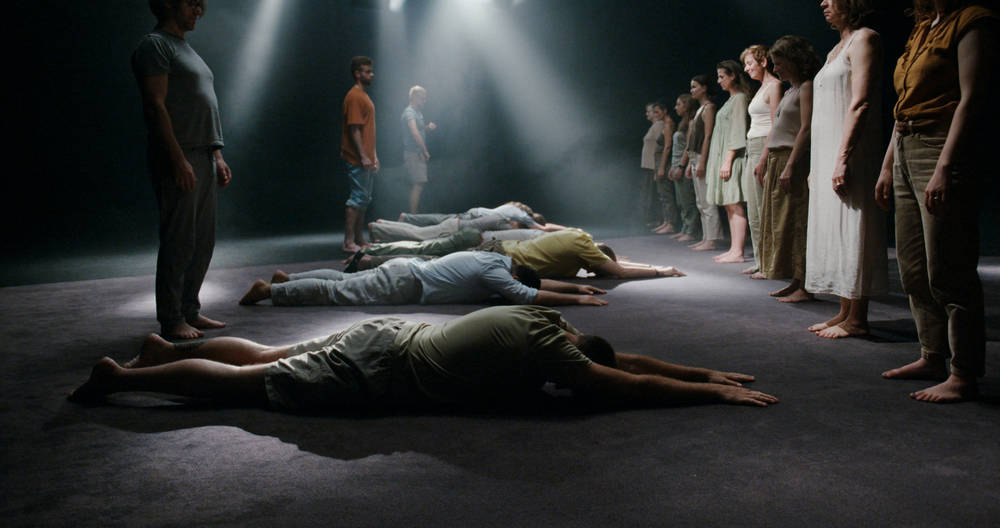
Criticism of patriarchies, criticism of the system
Whereas what unfolds in “It is true because I feel it” can indeed be described as patriarchal in nature, i.e., what we see is women who obviously help men to articulate or to give vent to their emotions, Rudelius’ early oeuvre centers far more concretely on men: “When I started out, I did a great deal of work about men because I also felt that I […] needed to criticize men.” In her piece entitled “Train” (2001), for example, we see youths in a train making stupid misogynist comments, obviously filmed by chance but then skillfully staged by Rudelius. However, over time, the artist has realized that “the problems are much more complex and I am not as concerned about the relationship between the sexes as I am about the systemic aspect, meaning the entire patriarchal system.”
Her three-channel installation “Layers of Sentiment” (2023) – which is also on show as part of the DOUBLE FEATURE series – screens three short films in which men play only a subsidiary role, to the extent that they figure at all. We see a woman loading up her SUV while her husband is running around aimlessly in the background. She is talking on the phone and narrating in capsule form aspects of her life – “The way I experience the world is the way I feel it,” “I’m glad that my parents brought me up so strictly,” or “Love definitely has something to do with achievement” – conversations about her own life couched in pure marketing jargon. The second film presents an artist plus a man, the scion of a wealthy family who organizes exhibitions, engaged in a wonderful art-speak dialogue. The woman is talking about feminism and the man initially feels attacked. When he then starts to reply it is only in cliched phrases (“The classic gender roles are just so tedious”), before finally demonstrating his male dominance in both financial and physical terms, while, at the same time, expecting everything to just be construed as a postmodern quotation. Finally, in the third film, we encounter a young female influencer in a coach; she apparently only sees the world around her and the people in it as a backdrop for her own ad clips; for her, they are at best incidental props.
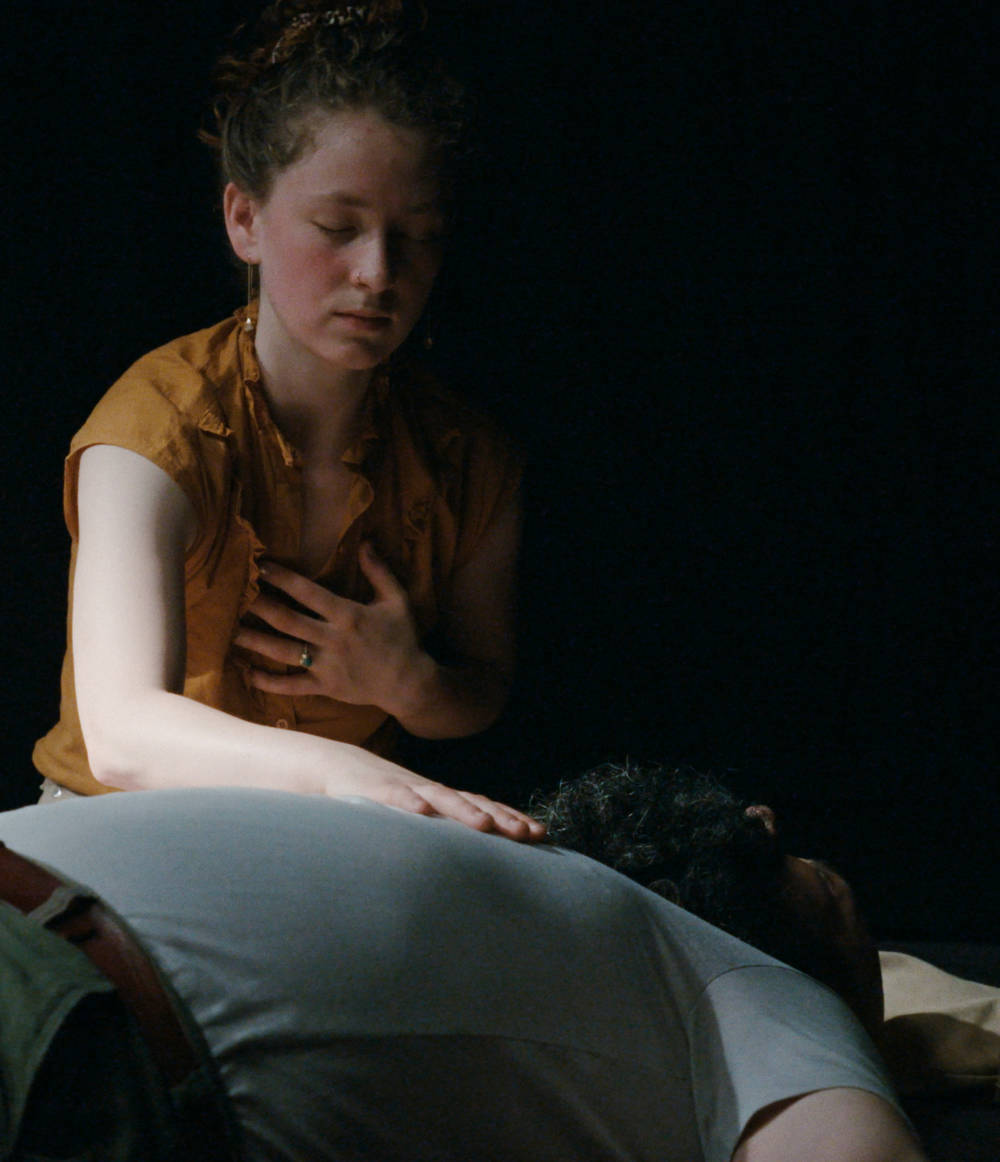

Julika Rudelius, „Layers of Sentiment“, 2023, Filmstill, © the artist, Image via stuttgarter-nachrichten.de
Wong Kar-Wai’s “Chungking Express”
As an additional film, Rudelius has opted for Wong Kar-Wai’s 1994 “Chungking Express”. The director, a native of Hong Kong, uses two loosely connected episodes to relate the story of two lovesick police officers who are gradually falling apart. They then by chance encounter two women who lastingly alter the course of their lives. One of the policemen (Takeshi Kaneshiro), whose ID number is 223, wanders aimlessly through nighttime Hong Kong, with its garish neon lighting, pining for his ex-girlfriend May who left him barely a month earlier. At the same time, after being cheated in a drug deal, a woman with a blond wig (Brigitte Lin) is trying to somehow get through the night unscathed and eventually makes the acquaintance of the policeman in a bar. In the second episode, a police officer (Tony Leung Chiu-Wai) whose ID number is 663 is still brooding about his failed relationship with a stewardess when, at a food stand, he meets Faye (Faye Wong), who promptly falls in love with him.
“Chungking Express” found its way into Western movie theaters only two years after it had been made, having been discovered by a delighted Quentin Tarantino. The film is an absolute visual and aural masterpiece. Working as if in some kind of delirium, Kar-Wai weaves together elements of film noir, of French and American auteur cinema, to make his own authentic movie, and it is one that transcends the limits of conventional genres, without ever drifting into absurdity, delivers a witty mixture of playful eccentricity, developing a filmic poetry with no trace of false sentimentality.

Wong Kar-Wai, Chungking Express, Image via themoviedb.org
